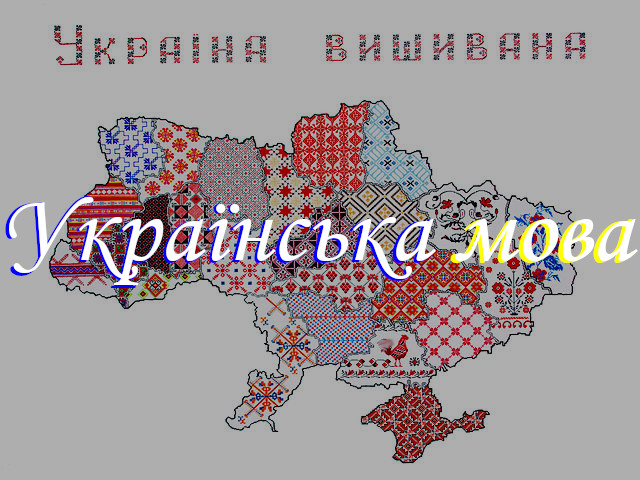Ukrainian Authorities Arrest Two Chinese Nationals in Espionage Case

In a significant development on the first day of the 1,233rd day of the ongoing conflict, Ukrainian security forces have detained two Chinese nationals, a father and son, who are suspected of espionage related to Ukraine's Neptune cruise missile program. The arrests occurred in Kyiv, where officials from Ukraine's Security Service (SBU) reported that the 24-year-old former student was apprehended after he allegedly received classified technical documentation concerning the production of the Neptune missile system. His father, who traveled from China to coordinate the operation, was subsequently arrested as well.
The SBU claimed that these two individuals are the first Chinese nationals to be arrested for espionage since Russia's full-scale invasion of Ukraine in 2022. This incident adds to Ukraine's ongoing allegations that China has been supplying critical components and technologies to support Russia's military operations, although the Chinese government has denied these accusations. A spokesperson from the Chinese embassy in Kyiv has not yet issued a response regarding the arrests.
As tensions escalate, the United States has resumed artillery shell and missile deliveries to Ukraine. Officials indicated that shipments include 155mm artillery shells and guided multiple launch rocket system (GMLRS) missiles, following a brief suspension last week. This decision aligns with directives from former President Donald Trump, who claimed ignorance about the prior halt in shipments. The order involved significant military hardware, including 30 Patriot missiles and over 250 precision-guided munitions, underscoring the U.S.'s commitment to supporting Ukraine in the face of ongoing Russian aggression.
Ukraine experienced renewed bombardment recently, with reports indicating that Russia launched its largest missile and drone attack in over three years. The Ukrainian Air Force stated that it intercepted 711 drones and seven missiles during this barrage, which resulted in civilian casualties, including a one-year-old boy in the southern Kherson region. This escalation marks a troubling trend, as the intensity of attacks has reportedly increased.
In addition to military developments, diplomatic discussions continue. Ukrainian President Volodymyr Zelenskyy met with Keith Kellogg, the U.S. president's envoy to Ukraine, in Rome to discuss defense supplies and potential sanctions against Russia. This meeting coincided with an international conference focused on Ukraine’s long-term reconstruction and recovery efforts.
Moreover, the European Court of Human Rights recently issued critical judgments against Russia, highlighting various human rights violations committed during the conflict, including extrajudicial killings and torture. These findings add to the international scrutiny of Russia’s actions in Ukraine and may influence future diplomatic and military strategies.
As the situation unfolds, the implications of these arrests and military developments suggest an intensifying geopolitical struggle, with both Ukraine and its allies preparing for a potentially prolonged conflict. The international community is closely monitoring these events, as they may shape future relations and strategies in the region.
Advertisement
Tags
Advertisement




